Over 6.4 million 'fraudulent' phone connections detected by government with the help of facial recognition
By MYBRANDBOOK
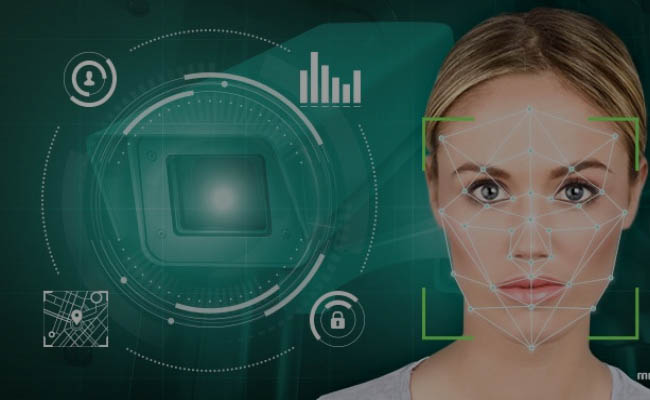
In the last six months, the Government of India has disconnected more than 64 lakh or 6.4 million "fraudulent" phone connections detected with the help of facial recognition.
The ASTR or Artificial Intelligence and Facial Recognition powered solution developed by the Department of Telecommunications' (DoT) Centre of Development of Telematics (C-DoT) detected that the photo of a single person has been used for procuring SIM cards beyond the permitted number of times. The solution has been developed for Telecom SIM Subscriber Verification.
According to regulations of DoT, a person can have nine sim cards with an Aadhaar card. But the ASTR tool found that in some cases a single person has procured phone connections, not just hundreds of times, but in thousands.
The facial recognition algorithm detects the similarity of facial features of a person in the phone registration database to find if he or she has procured a connection beyond the permitted number of times.
"We run this exercise on 140 crore, complete database of India. It is a very complex process and nowhere in the world has such a large database been processed simultaneously," Rajkumar Upadhyay, CEO of C-DoT told a news source.
He also mentioned cases where a person took multiple sim cards by using disguises while going through the registration procedure.
"Even when a person takes multiple sim connections by wearing disguises, the database tries to find similarities in these photos. We call this 'facial vector' and every person has a unique facial vector. And vectors such as a person's lips, eyes, they don't change with disguises," Upadhyay said.
"After that, the algorithm tries to find more people with similar facial vectors who have procured sim cards. That is because by law, one cannot take more than nine connections. But in some cases, we found even 1,000-2,000 photos," Upadhyay added.
Upadhyay is of the opinion that majorly most of such connections are used for cyber frauds such as impersonating as fake customer care agents to dupe unsuspecting customers. In the last few years, such cases have increased manifold and law enforcement agencies have been grappling with its magnitude with victims running into lakhs across India.
After detecting such cases, notifications have been sent to the concerned telecom service provider. Then notices are sent to such persons and they are asked for KYC proof. After 60 days, in case the authorities do not receive a proper response, the connection is disabled.
He also added that authorities have initiated measures to address the outlets selling these SIM cards in large quantities.
"What is the source of these sims? They had to have been purchased at a shop. We have now caught them too, because these frauds would not have been possible without their involvement," he said.


Legal Battle Over IT Act Intensifies Amid Musk’s India Plans
The outcome of the legal dispute between X Corp and the Indian government c...

Wipro inks 10-year deal with Phoenix Group's ReAssure UK worth
The agreement, executed through Wipro and its 100% subsidiary,...

Centre announces that DPDP Rules nearing Finalisation by April
The government seeks to refine the rules for robust data protection, ensuri...

Home Ministry cracks down on PoS agents in digital arrest scam
Digital arrest scams are a growing cybercrime where victims are coerced or ...


Icons Of India : Anil Agarwal
Anil Agarwal, the Founder and Chairman of Vedanta Resources Ltd., is r...

ICONS OF INDIA : SRIDHAR VEMBU
Sridhar Vembu is the chief executive officer (CEO) of Zoho Corporation...

ICONS OF INDIA : SUNIL VACHANI
Sunil Vachani is the Chairman of Dixon Technologies (India) Ltd. Under...

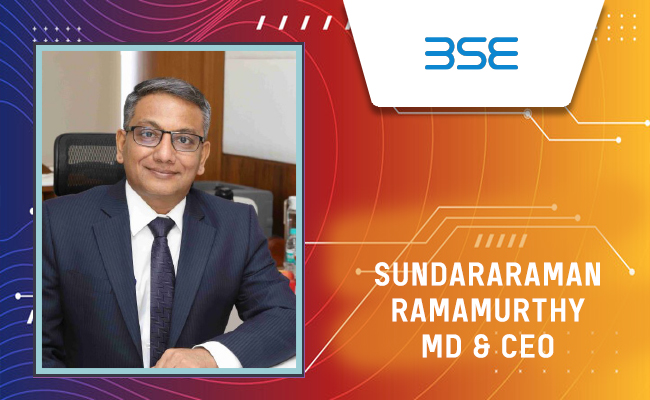
BSE - Bombay Stock Exchange
The Bombay Stock Exchange (BSE) is one of India’s largest and oldest...
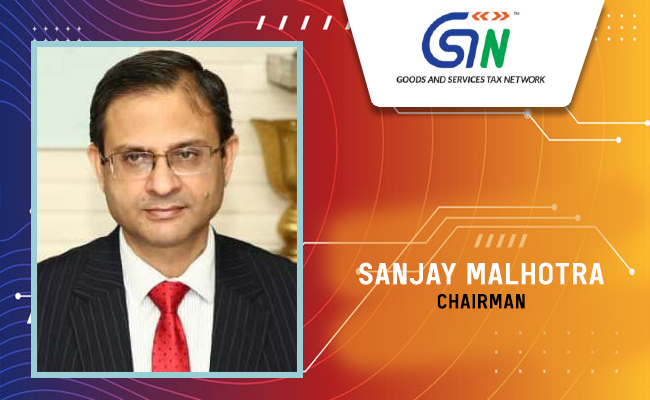
GSTN - Goods and Services Tax Network
GSTN provides shared IT infrastructure and service to both central and...

DRDO - Defence Research and Development Organisation
DRDO responsible for the development of technology for use by the mili...

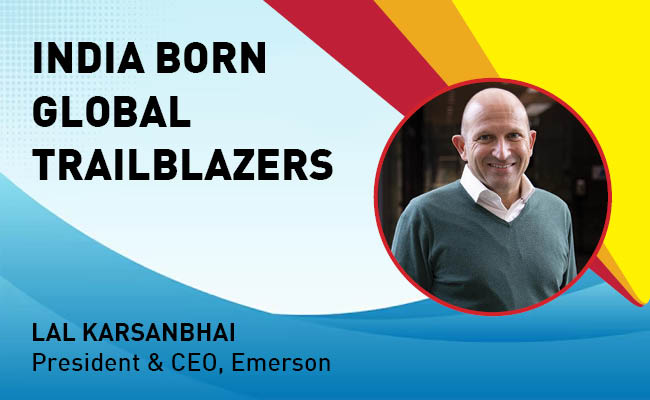
Indian Tech Talent Excelling The Tech World - Lal Karsanbhai, President & CEO, Emerson
Lal Karsanbhai, President and CEO of Emerson, assumed the leadership i...
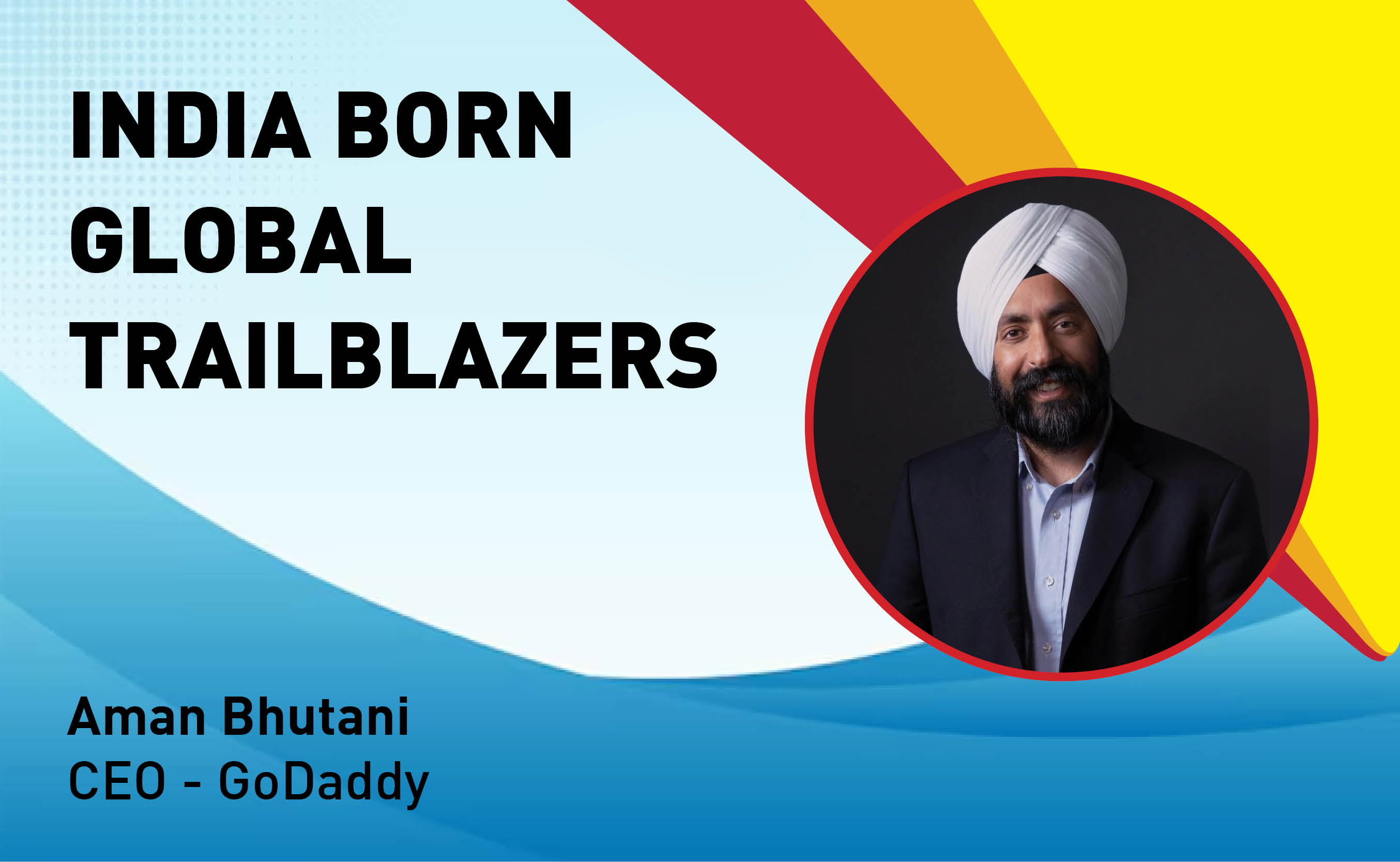
Indian Tech Talent Excelling The Tech World - Aman Bhutani, CEO, GoDaddy
Aman Bhutani, the self-taught techie and CEO of GoDaddy, oversees a co...

Indian Tech Talent Excelling The Tech World - REVATHI ADVAITHI, CEO- Flex
Revathi Advaithi, the CEO of Flex, is a dynamic leader driving growth ...
 of images belongs to the respective copyright holders
of images belongs to the respective copyright holders